The COVID-19 pandemic has had – and continues to have – major implications for the overall economy and all sectors of The Bahamas, but the Government’s primary responsibility and priority remains the health and wellbeing of the Bahamian population, residents, citizens and visitors alike.
For the first time in the country’s history, a State of Emergency was imposed to control and effectively manage the spread of COVID-19, with restrictions imposed on business operations and the movement of goods.
I am pleased to report that The Bahamas Maritime Authority Business Continuity Plan that introduced equipment and resources to enable working and undertaking tasks remotely has allowed The BMA to provide continuous service to its ship-owners.
The Bahamas, however, as an Archipelago with limited natural resources, is reliant on the Maritime Sector (our third largest industry) to maintain the crucial supply of food, goods and fuel to sustain our population. As a result, the necessary closure of the Bahamian borders to our number one industry – tourism – and the restriction of movements in and between islands was not extended to the Cargo and Tanker Shipping Sector because of the invaluable nature of shipping to our islands’ sustainability during this challenging period.
The Bahamas, as a port and coastal state, wholeheartedly supported the efforts of the Secretary-General of the IMO, along with the Secretary-General of the United Nations and its Agencies, including the International Labour Organisation, in its call to IMO member states to expedite crew changeover and enable the provision of medical care for sick and injured crew. The Bahamas further endorsed the IMO call for member states to designate seafarers as key workers. The Bahamas was able, and continues, to offer assistance to ships seeking to repatriate seafarers and facilitate Medical Services for crew on ships in
The Bahamas.
Drawing from the experience and guidance of The BMA, Port Department, Office of the Chief Medical Officer and other agencies, The Bahamas developed appropriate protocols to enable passenger ships of all flags to safely shelter in Bahamas territorial waters during the global lockdown. The BMA has provided guidance through its website and informative documents to all stakeholders on a regular basis and has drawn from industry experiences to update guidelines as appropriate. It is noteworthy that at the peak of the COVID-19 lockdown in 2020, over 70 passenger ships sheltered in Bahamian waters and engaged in the process of repatriating over 50,000 Seafarers.
At a regional level, The Bahamas government continues to collaborate and work with our Caribbean neighbours on a maritime regional framework for recovery and sustainability post COVID-19. The Bahamas remains committed to fulfilling its obligations as an IMO member state and is determined to be a proactive participant in global recovery efforts.
At the broader international level, The BMA has worked with the IMO, ship-owners, its Recognised Organisations and other strategic stakeholders to implement measures such as acceptance of remote inspections, extension of seafarers documents and assistance in repatriation efforts to enable Bahamas flagged ships to continue to comply with the international requirements and avoid any delays in operation.
The people of The Bahamas can be proud of the support given to shipping and seafarers throughout the pandemic.







